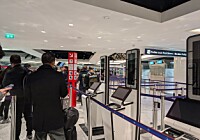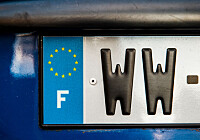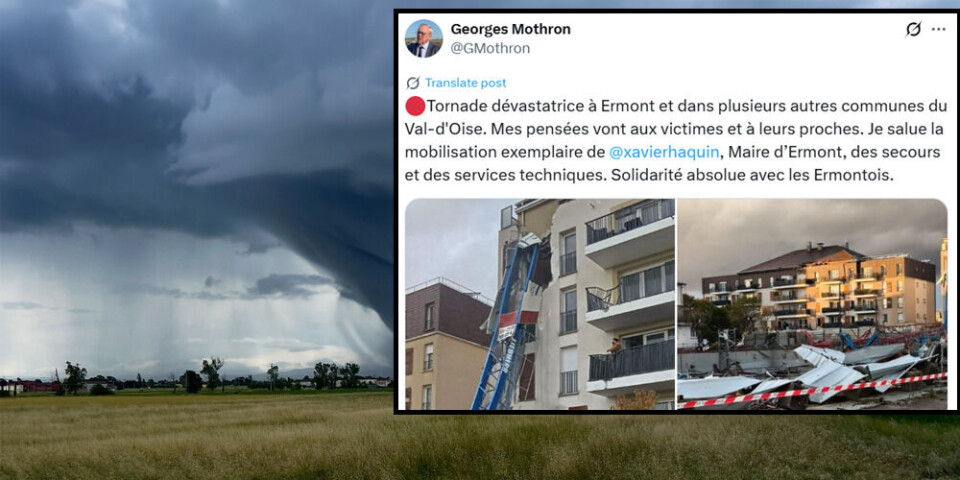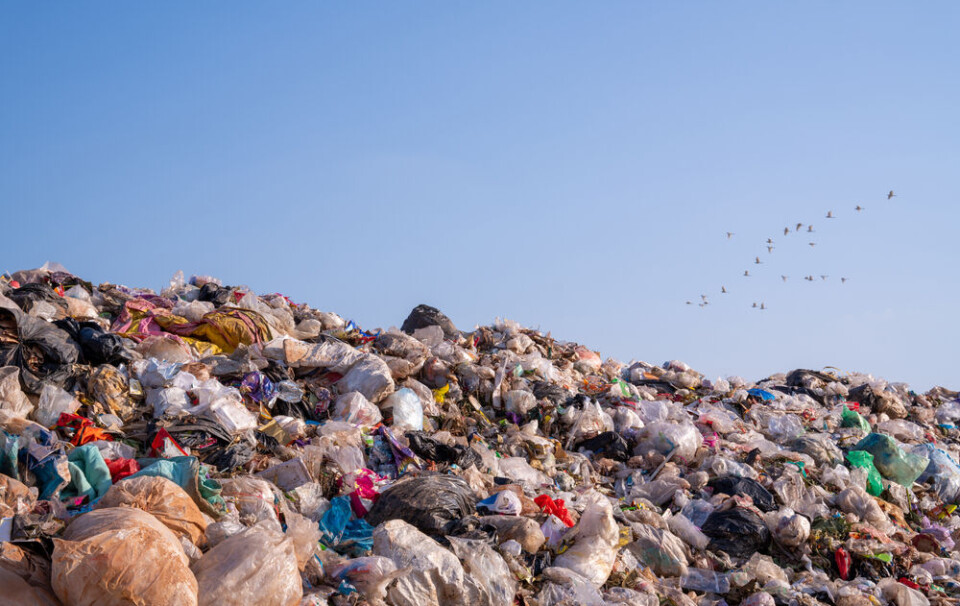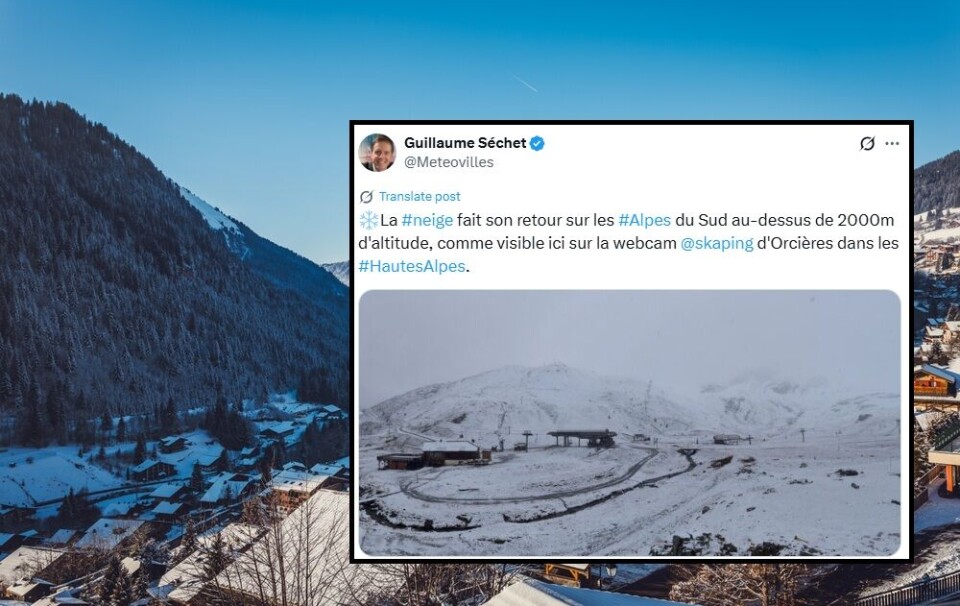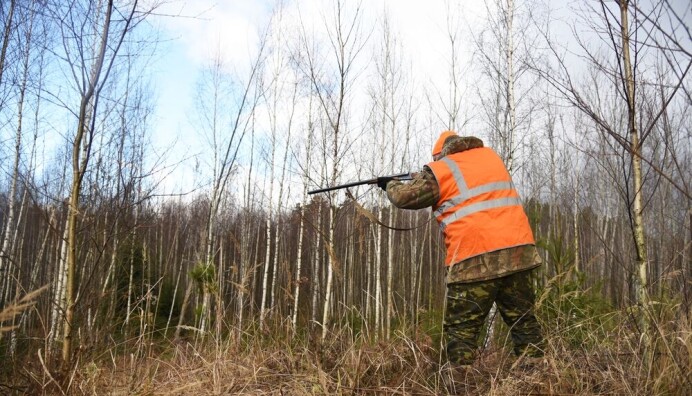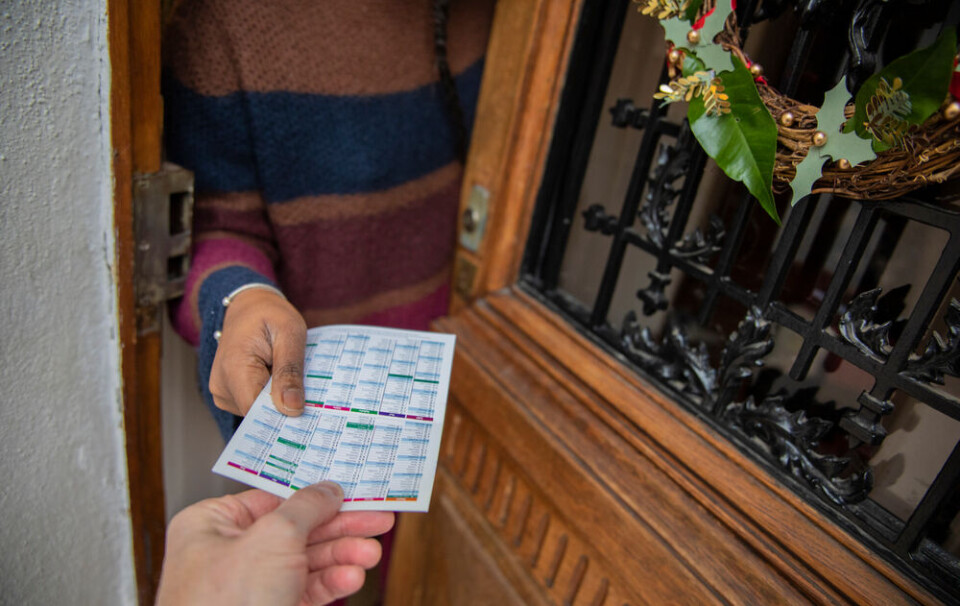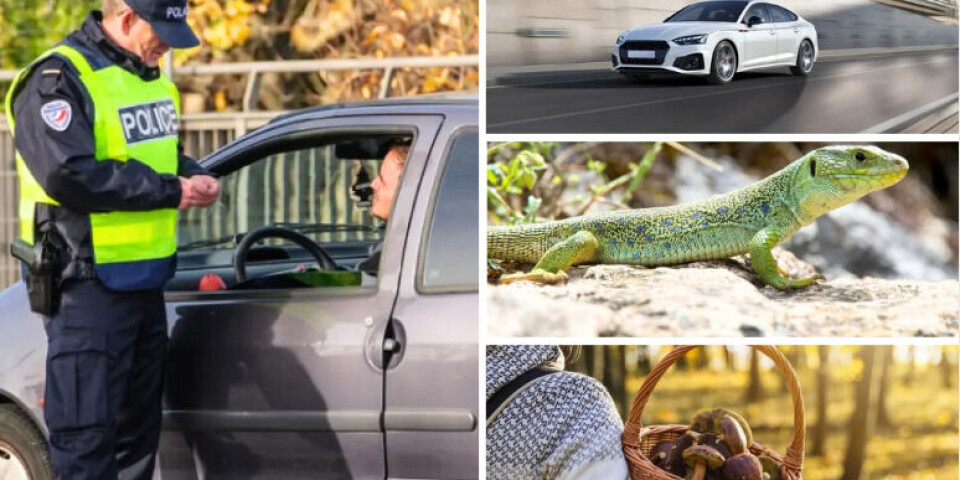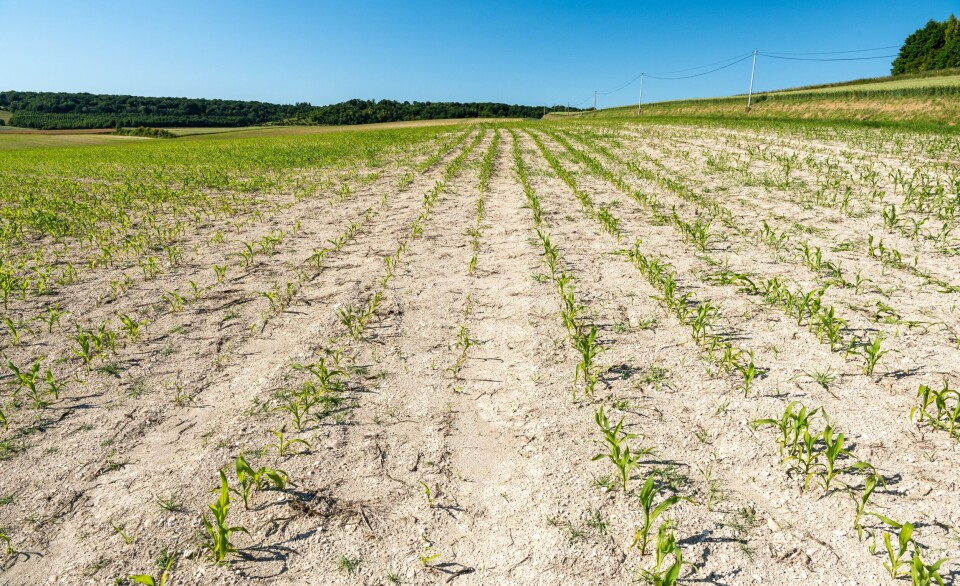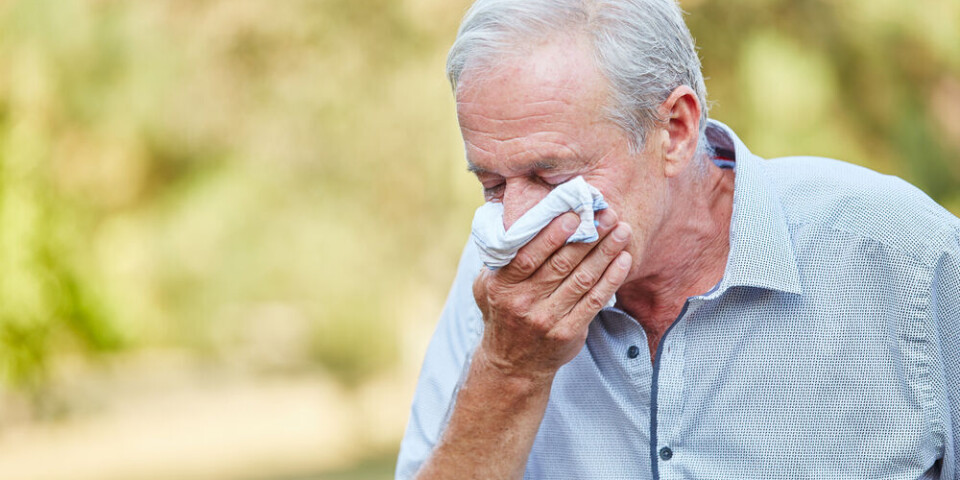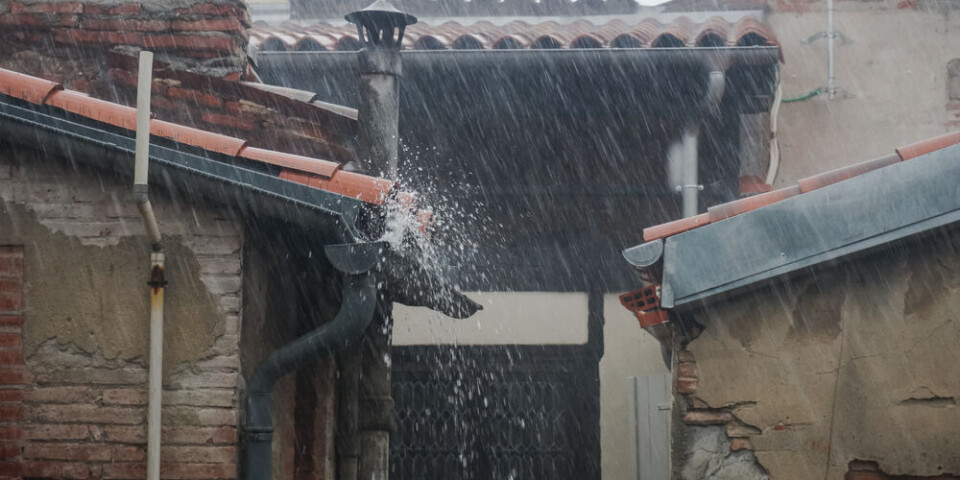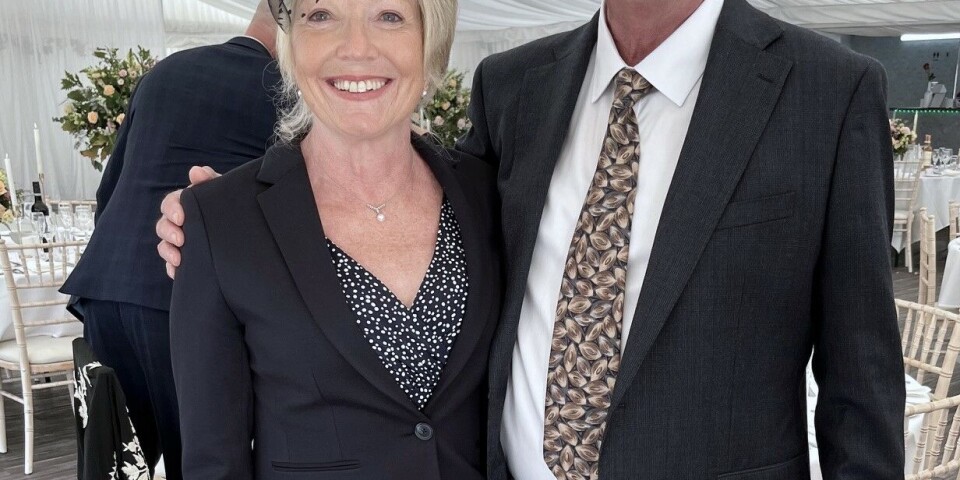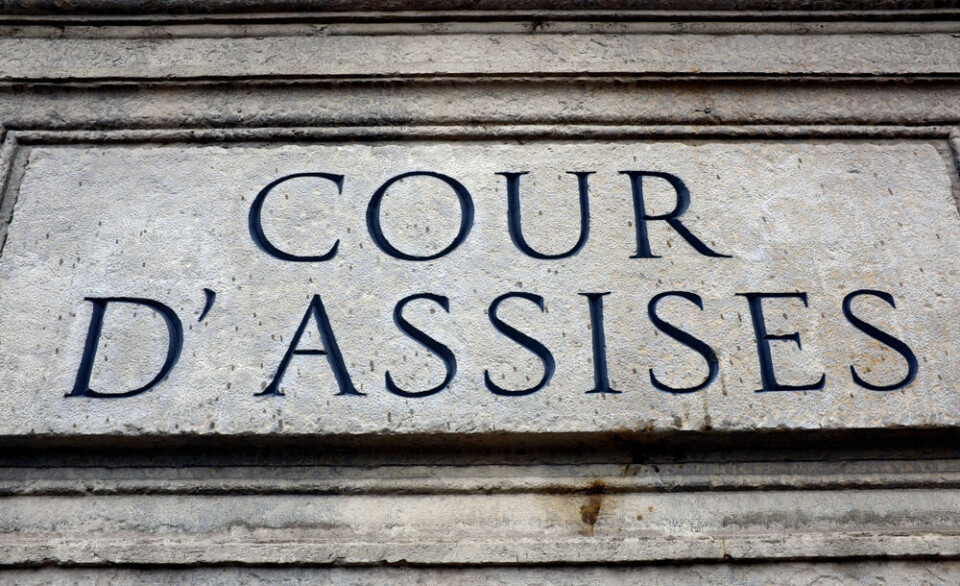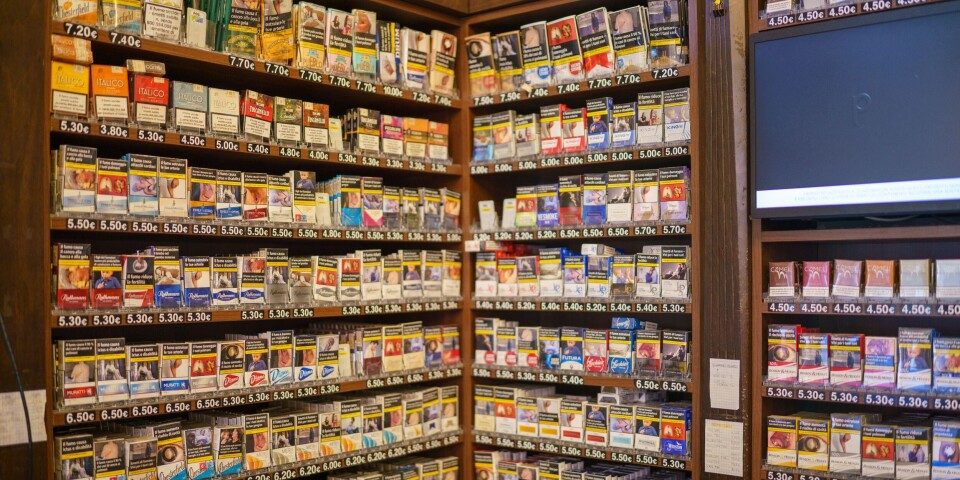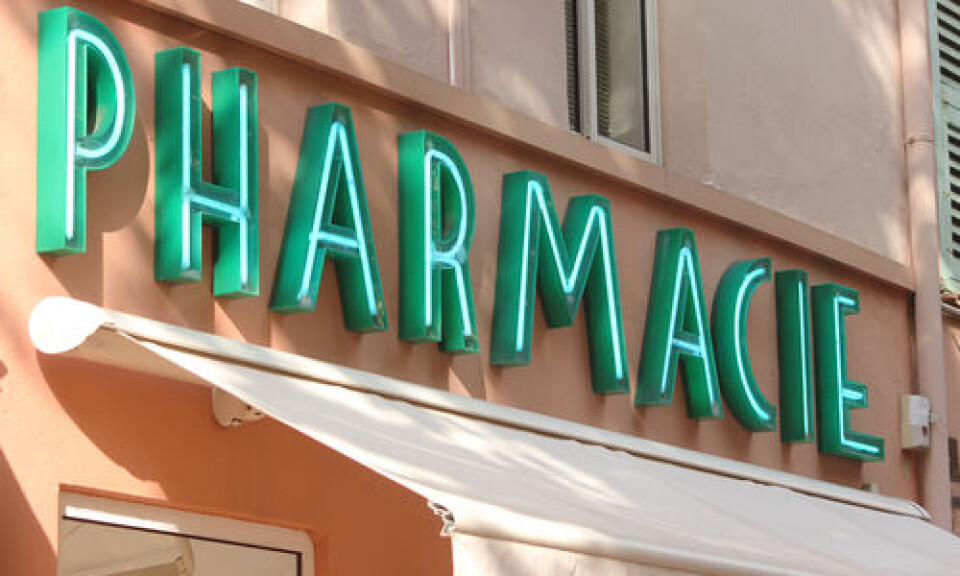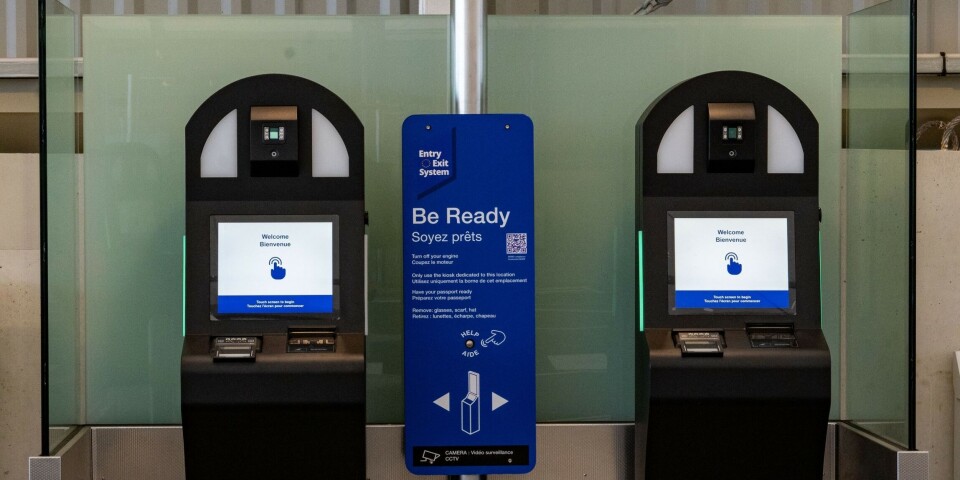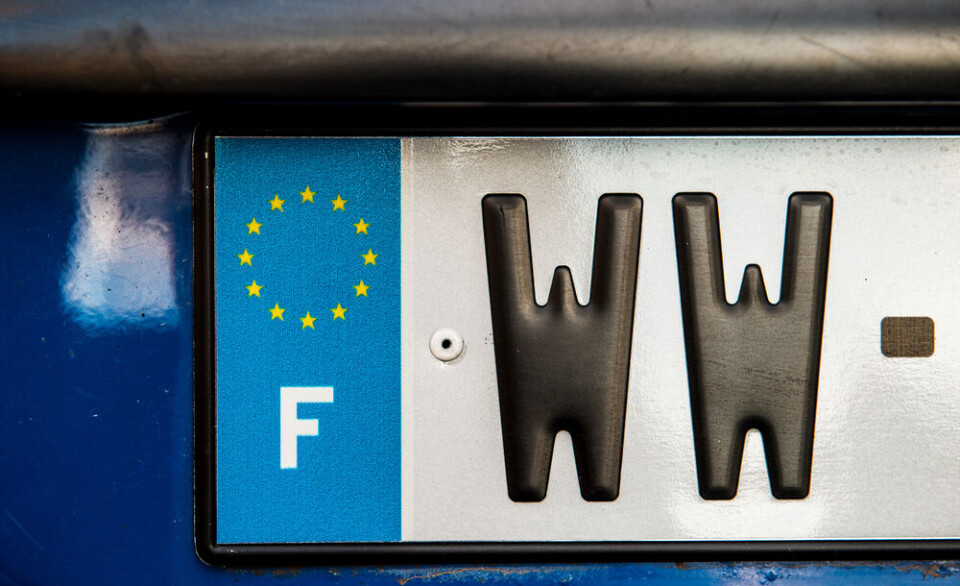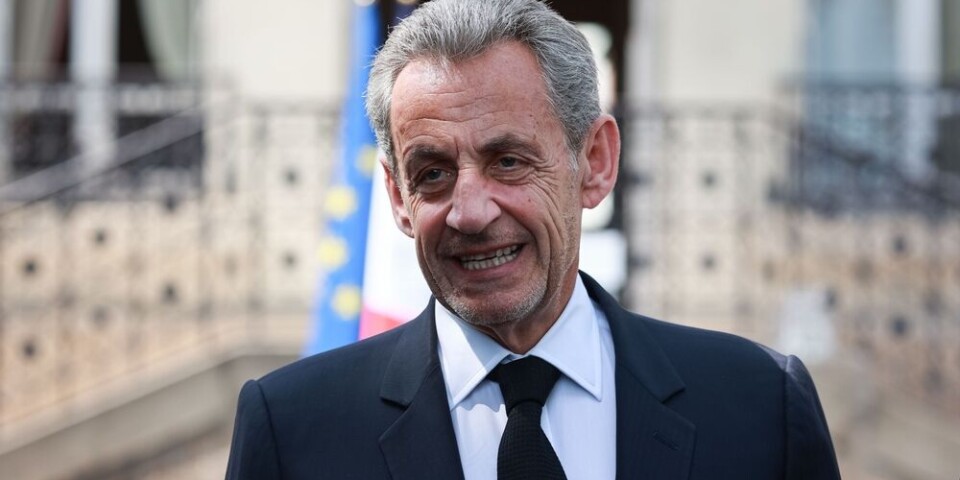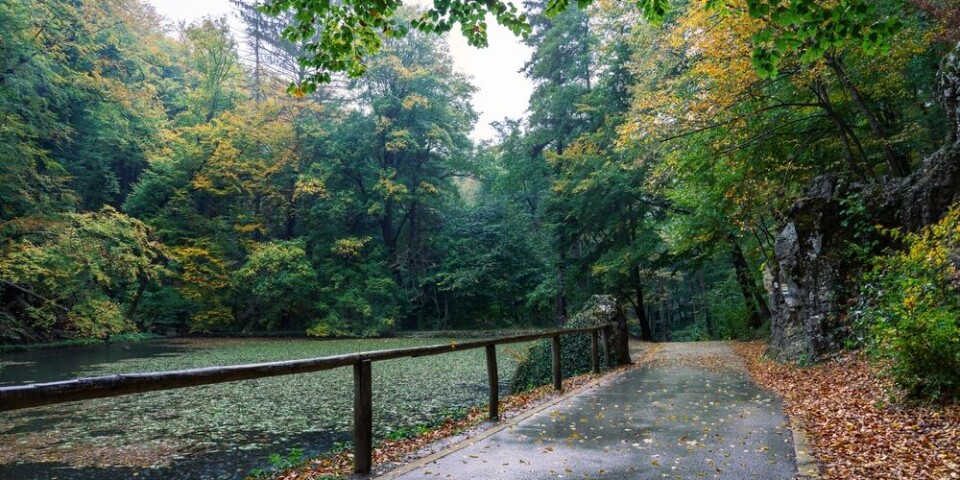Renovation grant reopens
The property renovation grant scheme MaPrimeRénov’ has reopened after closing to most new applications in June. Its relaunch saw its website crash for several days but it is now up and running.
Restrictions mean that only 13,000 applications from more modest households will be accepted until the end of this year, as the service continues to tackle a backlog of claims and fraudulent applications.
The scheme is then expected to open up slowly to more homes with higher revenue, depending on the volume of applications, and should open again fully at the start of 2026.
Households looking to cover work such as a new boiler and heating installations will see less funding available, as the percentage of costs covered by the state has been lowered and eligibility criteria tightened.
Health refund emails
People reimbursed by state health insurance will receive automatic emails each time a medical expense is refunded. The change is intended to make reimbursements more transparent and fight fraud.
No action is required from recipients. It is hoped it might help flag procedures billed but never performed. Assurance Maladie prevented more than €620 million in fraudulent claims in 2024.
Update on tax credit details
Tax authorities have sent out letters advising recipients of tax credits (crédits d’impôt) to update their information so that 2026 payments are more accurate.
This can be done by logging on to your personal space on the French tax site, clicking on the Gérer mon prélèvement à la source section, and then Gérer vos avances de réductions et crédits d’impôt.
Here you can update information to reduce or cancel the January payment (an advance payout estimated using the previous spring’s tax declaration), or potentially face having to pay money back in late summer.
The deadline to make changes online is December 11.
Grants for fibre internet
Households still unable to connect to high-speed fibre may now be eligible for government grants of €400 to €1,200 to help cover installation costs.
The funding targets around 3,000 communes where connecting homes still requires costly infrastructure work.
As of June, 93% of households had fibre access, with the government aiming for full coverage by the end of 2025.
To qualify, applicants must earn less than €29,316 per year, live in their main residence and provide proof of failed fibre installation.
Applications are made online via the economy ministry website here. Aid amounts depend on the scale of work. Wait for approval before starting.
Second-hand car pollution tax
Drivers looking to purchase a second-hand car are being warned about potential additional costs when registering it, based on how polluting it is.
The changes are part of stricter measures included in the malus system (environmental taxes levied on vehicles), set to be toughened from January 1, 2026.
For the first time, changes will apply not only to newly purchased/imported vehicles, but also to second-hand ones.
If the previous owner already paid the malus, then it is not collected a second time on a used car. At present, vehicles first registered before 2015 will not be affected by the tax.
Bank transfer checks
All French banks have needed to verify that the recipient’s name matches the account details for every transfer since October 9, as part of measures to reduce fraud and accidental payments.
Known as Verification of Payee (VoP), the system alerts customers if the entered name differs from the bank’s records.
Minor errors can be corrected with confirmation, while major discrepancies will trigger warnings. Ignoring alerts and continuing a transfer could make the sender liable for any loss.
Banks and consumer groups advise using instant transfers only for trusted recipients and small amounts.
Keep ‘crisis cash’ at home
The European Central Bank (ECB) recommends keeping €70–€100 in cash at home to cover basic needs for up to 72 hours in the event of a major crisis disrupting electronic payments.
The advice comes from an ECB study, published in September, which analysed how people relied on cash during crises such as Covid-19, Russia’s invasion of Ukraine, the 2025 Iberian blackout, and the Greek debt crisis.
The European Commission has also urged people to prepare for 72 hours of self-sufficiency, recommending essentials such as food, water, torches, radios, and chargers alongside the cash.
Warning over online meds
People have been warned to stay alert when buying medicine from online pharmacies to avoid scams and counterfeit medication.
Legitimate online pharmacists must be attached to a physical pharmacy and state its name and address in France.
Almost 1,000 such legitimate sites exist, according to the Ordre national des pharmaciens, which has a list here.
The organisation is set to open its own pharmacy website called Ma Pharmacie en France, by the end of October. It will let users access existing pharmacy distribution networks, rather than being a ‘marketplace’ in itself.
Pick mushrooms with care
Foragers are warned to exercise caution when picking wild mushrooms after around 500 poisonings since July.
The national food safety agency, Anses, advises picking only mushrooms you know well, avoiding polluted areas, storing them correctly, cooking thoroughly, and eating in moderation.
Smartphone apps and guides should not be relied on entirely. If poisoning is suspected, contact your local poison control centre or call 15 immediately.
New URL for Service Public
France’s public service website has changed its web address from service-public.fr to service-public.gouv.fr to improve security and standardise government URLs.
The update affects the main homepage as well as more than 4,000 help pages, forms, and legal guides. Old links automatically redirect to the new address, so bookmarks remain valid.
The change aligns Service Public with other government websites such as impots.gouv.fr, signalling authenticity and reducing the risk of phishing or fraudulent copies.
VPN online safety fears
Telecoms operator Free is offering a free built-in VPN with its 5G and Série Free mobile plans. Called Free mVPN, the service can be activated in one click for a 12-hour session, encrypting traffic and masking users’ locations.
Founder Xavier Niel said VPN access “should not be a luxury”, but critics warn it could undermine online safety laws by letting minors evade legal restrictions on pornographic content.
VPN use is legal in France, though officials advise choosing reputable providers to avoid malware risks. Free has confirmed that its parental controls remain active even when VPNs are used.
Fake delivery driver scam
Police are warning of a new scam in which fake delivery drivers trick residents into handing over their bank cards.
The fraud has spread across several departments, including Haute-Loire, Côte-d’Or, Jura, Saône-et-Loire and Yonne. Scammers arrive at the door claiming that a small delivery fee is due before a parcel can be released.
Once the victim inserts their card and PIN into a fake reader, the thief seizes the card and leaves, quickly using it for withdrawals or purchases.
Officers stress that no legitimate courier ever requests payment at the door. Residents should refuse such requests, contact the delivery company directly, and never reveal their PIN. Anyone targeted should call 17 and notify their bank.
More police checks
Drivers in Pyrénées-Orientales are facing more frequent police checks after a 22% rise in road accidents this year, despite a fall in fatalities.
During a major overnight operation on September 21, police found one in three drivers had alcohol in their system. Others were caught driving under the influence of drugs, using phones, or lacking insurance or a valid licence.
Similar safety crackdowns are under way across France, including potential licence suspensions for phone use in Landes and a new “accidentoscope” system in Dordogne.
Police remind motorists to cooperate during checks and ensure all vehicle documents are up to date.
CT rules for airbag recalls
Only vehicles fitted with unreplaced Takata airbags will face new roadworthiness (contrôle technique, CT) rules from 2026 – despite misleading online claims that all recalls would soon be checked.
The transport ministry said that a decree, expected to take effect on January 1, will make a follow-up inspection (contre visite) mandatory for cars flagged with unrepaired Takata airbags, part of a continuing global safety campaign.
Vehicles under this ‘stop-drive’ notice might have to schedule repairs within two months of the CT, or immediately if critical. It aims to speed up replacement of the potentially lethal airbags.
For now, it will apply only to Takata-equipped models.
Dynamic speed limit on A7
Dynamic speed limits have been introduced on a new section of the A7 motorway near Lyon for traffic flow and safety.
Limits will fluctuate, generally in 20km/h increments ranging from 110km/h to 50km/h, according to traffic and weather conditions.
The affected stretch of road runs northbound between the Ternay interchange and the Boulevard Urbain Sud (former D301 road) near Feyzin.
Covid-19 cases stabilise after October rise
Covid-19 cases rose across France in October but remain at lower levels than last year and appear to be stabilising, according to data released by Santé publique France (SPF).
The rebound, which began at the end of September, was driven by the XFG variant, nicknamed ‘Frankenstein’.
The variant is considered more transmissible but not more virulent, say experts. It earned its nickname because it combines genetic material from two Omicron subvariants.
At its peak in early October, the rate of Covid-19 consultations in GP surgeries reached around 51 cases per 100,000 inhabitants – about 10 times higher than in February.
Hospital visits linked to the virus represented 0.6% of all emergency admissions, with 635 hospitalisations among people aged 65 and over.
Road sign to protect lizard
A new road sign in Châteaubourg (Ardèche) is reminding drivers to slow down for a local endangered species: the ocellated lizard (Timon lepidus).
The reptile is one of Europe’s largest, reaching up to 90cm in length. They have been found living in the retaining walls by the side of the Route de Giraud, where vehicles pose a significant threat despite the 30km/h speed limit.
Private radar cars expand across France
Private unmarked cars fitted with speed cameras will be operating on roads in almost all mainland French departments by the end of the year.
Only the capital region, Île-de-France, and Corsica will remain without them after new deployments in Haute-Savoie (from October 15) and Lozère (from November 7).
The rollout marks the latest stage in a gradual expansion of the system, which began with trials in Normandy in 2018. The aim is to reduce road accidents and free up police for other duties.


